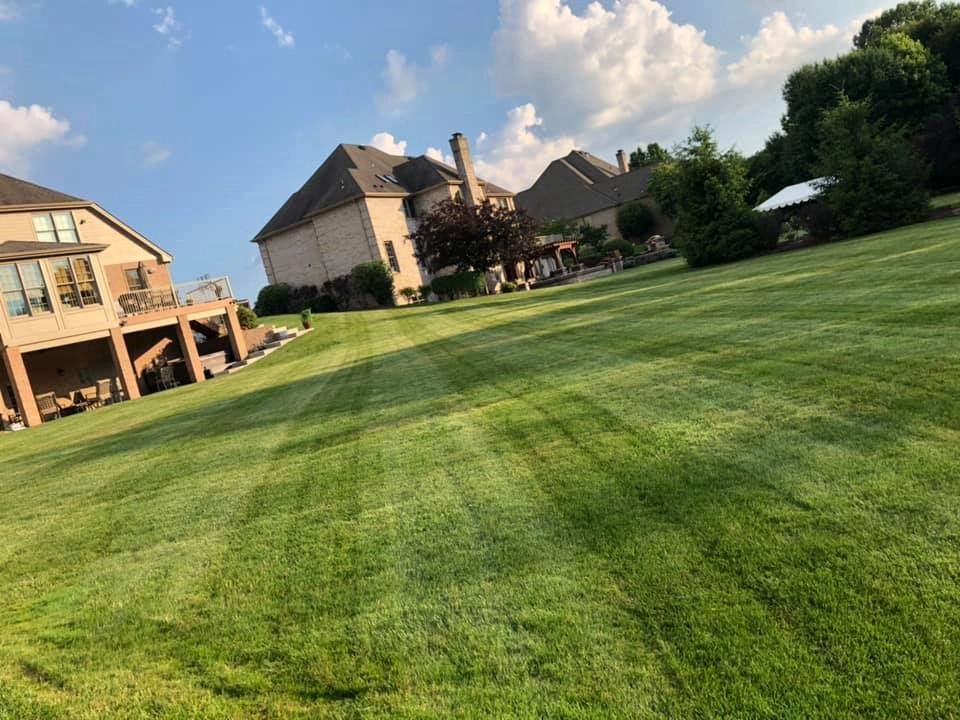
Navigating Pittsburgh's Rainfall - Understanding Your Drainage Options
Pittsburgh's landscapes boast an undeniable charm, but behind the allure lies a challenge that we face as homeowners: rain. With an annual average rainfall exceeding 38 inches, Pittsburgh's weather patterns demand thoughtful consideration of drainage solutions. Let's delve deeper into why effective drainage management is paramount in navigating Pittsburgh's precipitation landscape.
Understanding Pittsburgh's Rainfall Dynamics:
Pittsburgh's location in the Ohio River Valley, coupled with its proximity to the Great Lakes and the Appalachian Mountains, creates a unique meteorological setting. This results in a temperate climate with significant precipitation year-round. From gentle spring rains to intense summer thunderstorms and heavy snowfall in winter, Pittsburgh experiences a diverse range of precipitation events.
The Impact on Properties:
The abundance of rainfall poses challenges for Pittsburgh properties, particularly those built on sloped terrain. Without proper drainage, water accumulates around foundations, leading to basement flooding, soil erosion, and structural instability. Moreover, stagnant water invites mold, mildew, and insect infestations, compromising both property integrity and occupant health.
Tailoring Drainage Solutions to Pittsburgh's Terrain:
One of the keys to effective drainage management in Pittsburgh is recognizing the city's diverse topography. Unlike flat landscapes, Pittsburgh's hills and valleys require customized drainage solutions. This may involve a combination of techniques, including grading, contouring, French drains, swales, and dry wells, strategically implemented to redirect water flow away from vulnerable areas.
The Importance of Professional Expertise:
While DIY drainage solutions may seem feasible, the intricacies of Pittsburgh's terrain often demand professional expertise. Experienced landscaping professionals possess the local knowledge (and equipment) necessary to assess site-specific drainage challenges comprehensively. They can develop tailored drainage plans that not only mitigate water-related issues but also enhance the overall aesthetics and functionality of the landscape.
Implementing Effective Drainage Practices:
In addition to managing excess water, implementing effective drainage practices is crucial for preserving the integrity of Pittsburgh properties. Techniques such as proper grading, installation of French drains, and strategic placement of downspouts and gutters play a vital role in directing water away from vulnerable areas. By investing in these solutions, homeowners can protect their properties from water damage and maintain a healthy, functional landscape.
Conclusion:
Navigating Pittsburgh's rainfall requires proactive solutions tailored to the city's unique topography and precipitation patterns. Effective drainage management is not just about addressing immediate issues; it's about safeguarding property investments and enhancing the longevity of landscapes. At Brandon's Lawn & Landscape, we understand the complexities of Pittsburgh's terrain and offer tailored drainage solutions to mitigate risks of water damage and ensure the health and beauty of your property. From thorough assessments to strategic implementations, our experienced team is here to help you navigate the challenges of managing water wisely in the Steel City. Trust Brandon's Lawn & Landscape to turn drainage problems into opportunities for a healthier, more resilient landscape.
